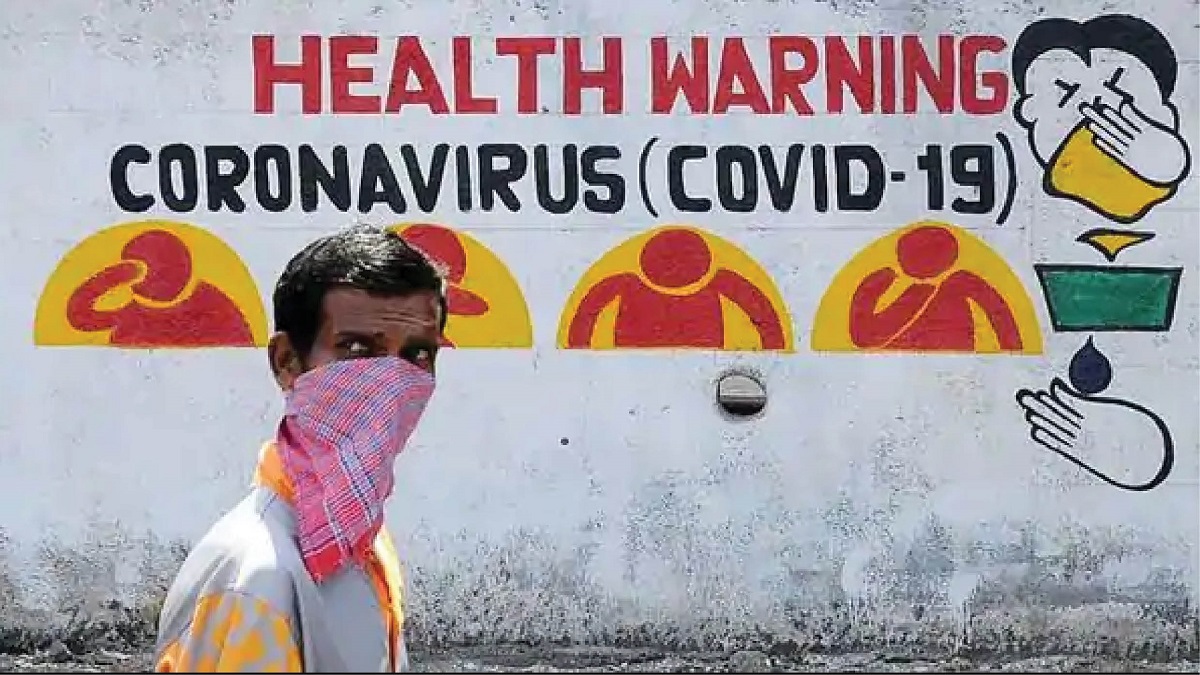
I t has never been more important for those who claim to enjoy influence over different sections of Muslims to come forward and stop members of the community from inviting acute dislike — even hatred — because of indecent or violent acts relating to doctors, nurses, security personnel and sanitisation workers. Seldom before have Hindus, Muslims, Christians, Sikhs and all others needed to stand firmly together to fight the common enemy of COVID-19. The numbers of those affected are alarming. The country, arguably, faces its worst crisis since Partition. It was expected of the wellplaced Muslim groups and the senior clergy to help in enhancing ‘consciousness’ at various levels. Unfortunately, this seems to have happened only half-heartedly, so much so that the anti-establishment stance of the agitation in respect of the CAA has spilled over into the battle against coronavirus. However, the Muslim middle classes, especially the better educated families, can still play a role to ensure that their brethren stay safe from the infection and avail the assistance being provided by government staff. In some ways, the fault lies with previous administrations — mainly of the Congress — that consistently refrained from fostering an enlightened and progressive leadership among Muslims. They have been content to bestow favours and largesse, such as gubernatorial, ambassadorial and other coveted positions, to those who would fall for them. These worthies, as a rule, couldn’t think very much in terms of the larger well-being of the common Muslims.
Dr A.J. Faridi (1913-74), a widely-respected physician of Lucknow who founded the All India Muslim Majlis in 1968, was a notable exception. Following his demise, the party declined. Inevitably, therefore, a vacuum has existed at the apex of the community, prompting some to even opine that Muslim interests might, perhaps, be better served through non-Muslim stewardship. It was simply not enough to occasionally have an Abdul Ghafoor (1918- 2004) in Bihar or an Anwara Taimur in Assam as state chief ministers. When the concerns on the public health front begin to recede, the stage would have been reached in the country to ‘repair’ the damaged economy and the injured social fabric. Communal tensions cannot be allowed to vitiate the task of revival and reconstruction.
Had the powers-that-be addressed, post-2014, the daunting issue of administrative reforms and of enforcing the accountability of a senior bureaucracy that is devoid of both competence and commitment, the challenges ahead could have been more comprehensively tackled. Today, India needs task forces comprising capable and experienced experts, not ones filled with loyalist officials. The best and the brightest have to be assembled on appropriate fora by the government whose efficiency and delivery could bring in foreign investment. As the nation embarks, in due course, on a journey of economic and social rejuvenation, it may soon come face-to-face with a fastchanging world order that is patterned on significantly new geopolitical imperatives. A US-led bloc and a China-led bloc have been in the making and could now emerge with higher momentum. While there may, for some time, be fence-sitters like Pakistan, a choice would have to be exercised, sooner rather than later.
The fresh contours of the global community cannot for long be left hanging in the balance. In the meantime, the government of the day at the Centre would do well not only to consolidate the gains, overall, of a reinforced ‘cooperative federalism’ — that has been invaluable in combating the pandemic — but equally to redress the shortcomings in respect of the care of migrants and the poor, in the aftermath of the lockdown. Past mistakes, in whatever sphere, should not be repeated. Speedy action will be of the essence during a phase in which one should ask where exactly India ought to be doing better. The state governments may also have to review their strategies and interventions.
Symbolism and mere words will no longer do. At the present juncture, every citizen needs to support the Prime Minister in the efforts to tide over the crisis. Given the participation of all segments of society, success would stand guaranteed. The holy month of Ramzan affords an auspicious period to pursue a national endeavour in this direction. Arun Bhatnagar was formerly in the IAS; he lives in New Delhi.